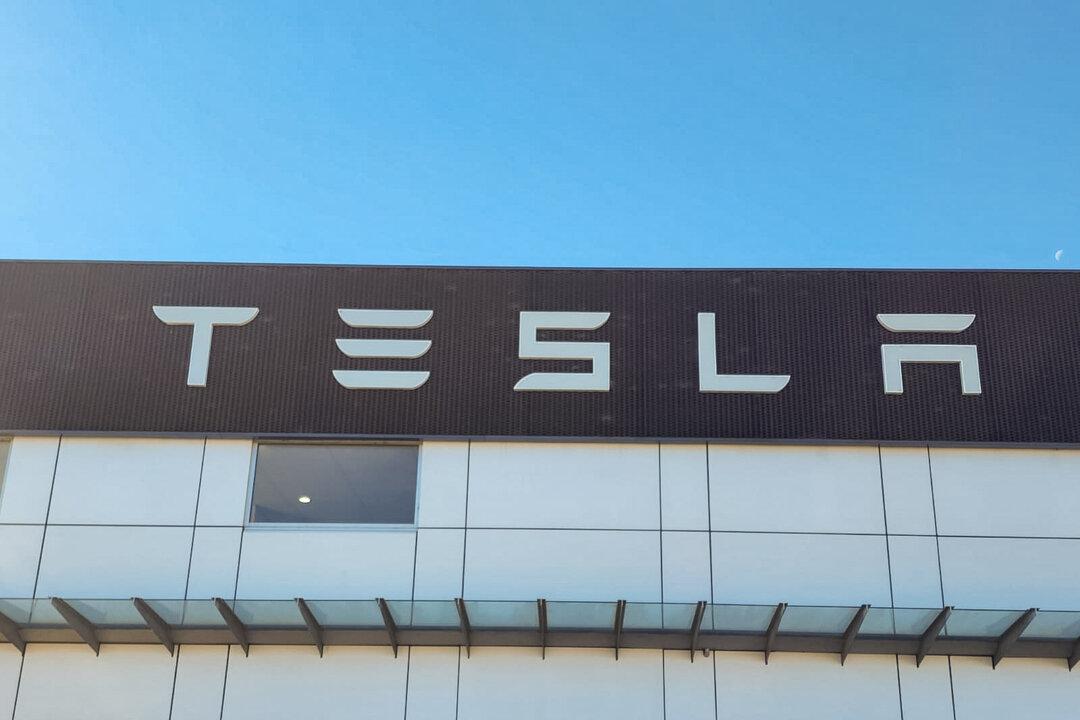Automotive giant Tesla has opted to settle a lawsuit filed by the family of Apple engineer Walter Huang, who was killed in a 2018 crash while using Tesla’s “Autopilot” software in his car.
The case was set to go to trial this week but the company has opted to settle out of court instead. The plaintiffs argued Tesla’s Autopilot was defective and directly resulted in the death of Mr. Huang.





